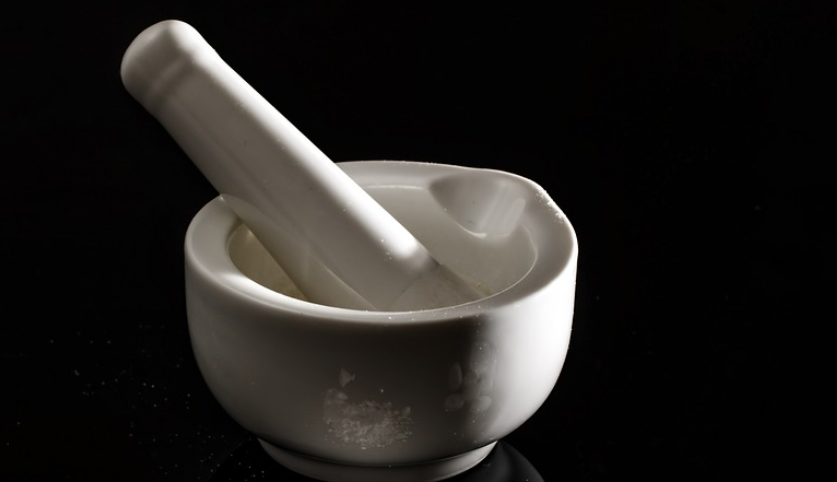Overview
Milk Alkali Syndrome (MAS) is a medical condition that occurs when there is an imbalance between the amount of calcium, alkaline substances (such as bicarbonate), and acid in the body. This condition is usually caused by the consumption of large amounts of calcium and alkaline substances, such as milk and antacids, over a prolonged period of time.
Causes
Milk and antacids are the most common causes of Milk Alkali Syndrome. When these substances are consumed in large amounts, they can cause an increase in the levels of calcium and alkaline substances in the body. This increase in calcium and alkaline substances can lead to an imbalance in the body’s pH levels, which can cause a range of symptoms.
Symptoms
The symptoms of Milk Alkali Syndrome can range from mild to severe, and can include nausea, vomiting, headaches, weakness, and confusion. In severe cases, the condition can cause kidney failure and even death.
Treatment
The treatment for Milk Alkali Syndrome typically involves stopping the intake of milk and antacids, and receiving medical attention to correct the imbalances in the body’s pH levels. In severe cases, hospitalization may be necessary to provide supportive care, such as intravenous fluids and electrolyte replacement.
Prevention
Preventing Milk Alkali Syndrome involves avoiding the consumption of large amounts of calcium and alkaline substances. If you need to take antacids, it is important to follow the recommended dosage and avoid taking them for prolonged periods of time. Additionally, it is important to consult with your healthcare provider before taking any new medications or supplements.
Conclusion
In conclusion, Milk Alkali Syndrome is a medical condition that can be caused by the consumption of large amounts of calcium and alkaline substances. It is important to be aware of the symptoms and seek medical attention if necessary. By following the recommended guidelines for the consumption of calcium and alkaline substances, you can help prevent this condition from occurring.

